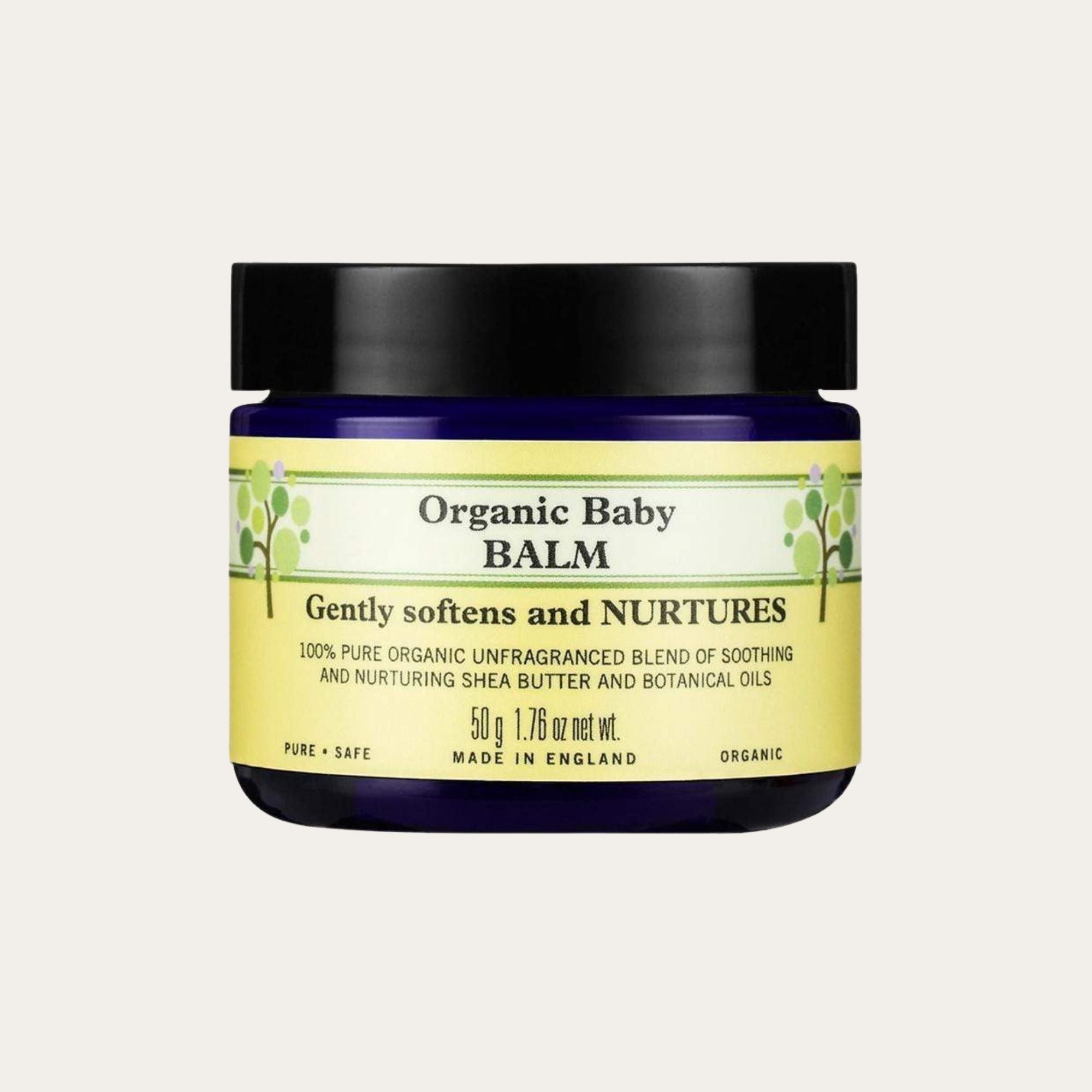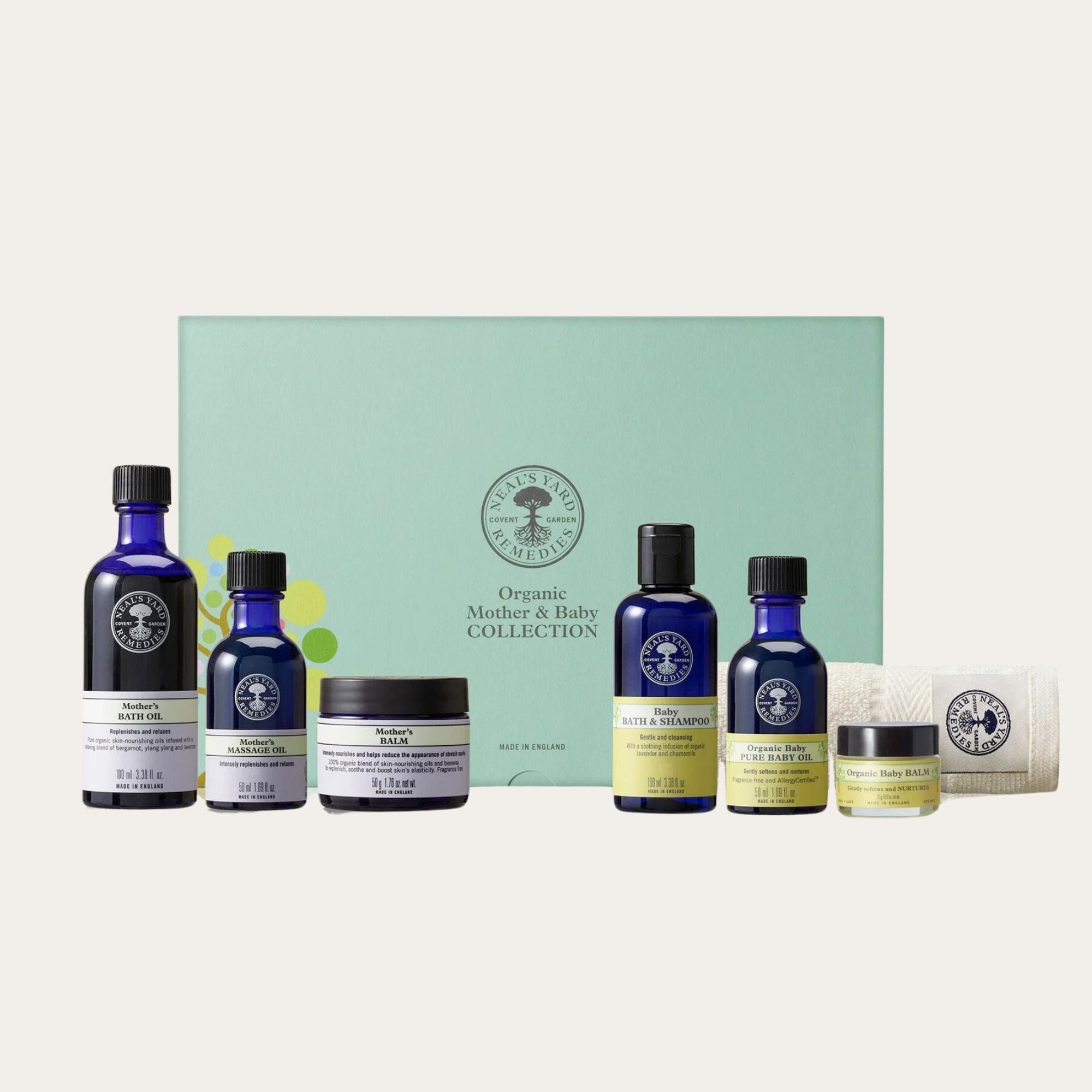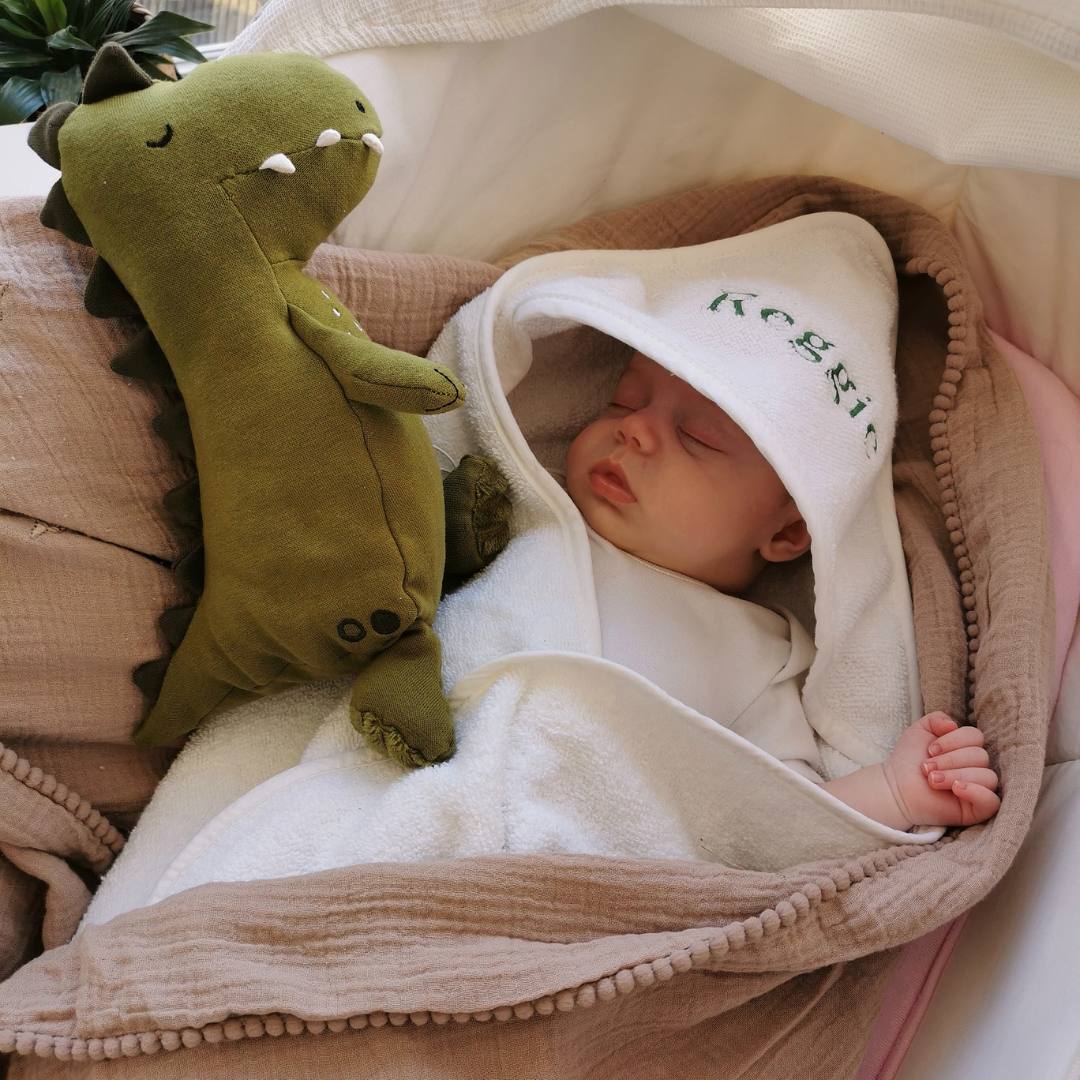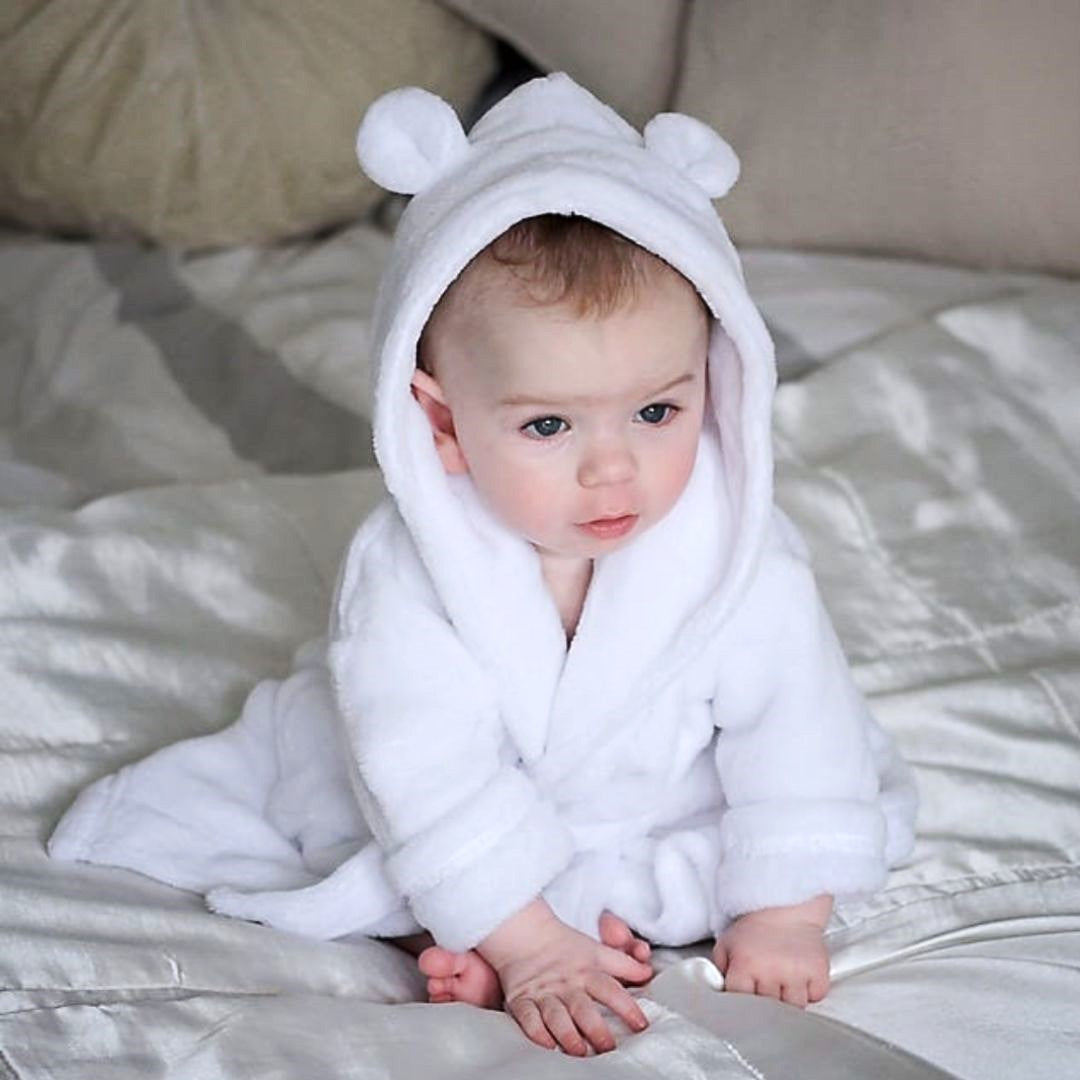Let's talk skin.
Did you know that skin is the largest organ in the human body? In adults, it can cover an area of around 1.5 to 2 square meters (16 to 22 square feet), depending on body size. Beyond its impressive size, skin plays a vital role in maintaining our health: it acts as the first line of defence against irritants, germs, and bacteria, regulates body temperature through sweat and blood flow, allows us to feel sensations like touch, temperature, and pain, plus even initiates vitamin D production when exposed to sunlight. Truly remarkable!
While it’s important to care for our skin at any age, a baby’s skin is quite different from an adult’s. Newborn skin is about 20-30% thinner, making it exceptionally sensitive and prone to irritation. Babies are also more vulnerable to common skin conditions, such as cradle cap, baby acne, and diaper rash, as their skin adapts to life outside the womb and is highly sensitive to changes in temperature, moisture, and exposure.
Caring for a baby’s delicate skin is essential for comfort and health. Here are our top tips to help keep your baby’s skin soft, healthy, and well-protected!
- Natural Skincare for Newborns
When born, your baby will be coated in Vernix. This is a white, sticky substance that acts as a natural moisturiser and protects the skin against infection. Vernix covers baby’s skin in the womb and helps keep skin hydrated. To get full benefits from this natural moisturiser, some parents choose to delay the first bath to maximise vernix absorption into the skin!
- Blissful Bathtime
Whilst it’s beneficial to get baby into a bedtime routine, they don’t actually need a bath every day, as frequent washing can strip away natural oils and dry out their skin. Two to three baths per week is usually enough, with additional cleaning as needed (perhaps following a poonami!)
Initially bathe with plain water only. Then, when selecting baby wash products, choose gentle, hypoallergenic options, which are free from harsh chemicals or fragrances. After the bath, gently pat (don’t rub) your baby’s skin dry with a soft towel.
- Maximising Moisture
You should try to avoid using skin cleansing and moisturising products on your newborn for the first few weeks while their skin is still developing naturally. Once older, if needed, applying a carefully selected moisturiser straight after a bath can lock in more moisture to hydrate the skin. Look for fragrance-free, hypoallergenic lotions specifically formulated for babies. Preferably organic, plant-based products or those that are SLS-free, don’t contain alcohol and free from paraffins, polyethene glycol and parabens (a preservative).
- Dress with Care
It might not be the first thought that springs to mind when you think about skincare, but what you choose to dress your baby in can play an important role in helping to reduce irritation. Clothing that’s too tight or made from rough materials can irritate a baby’s sensitive skin; so, select soft, natural fabrics like cotton (organic if possible), which is both gentle and breathable. Remove tags and avoid rough seams, as these can scratch and irritate, plus opt for dressing in layers to help regulate their temperature when moving from outdoors to indoors, or day to night.
- Be Safe in the Sun
We don’t get a lot of sun in the UK, especially during winter months, but because a baby’s skin has less melanin, it’s particularly sensitive to the sun’s harmful UV rays (even during cooler months). Babies under six months should avoid direct sun exposure as much as possible and remember to use a stroller canopy or umbrella to provide shade when outdoors. In warmer weather, dress them in lightweight, long-sleeved / legged clothing, which can provide protection without causing overheating. For older babies always use a child-formulated, high factor sunscreen.
And finally...
If you are looking for that perfect skin and eco-friendly organic baby present, look no further! Our Organic baby products are green in a number of ways - natural, organic, eco-friendly goods / products that are made with you / your baby's health and the health of our planet in mind.
Organic cotton requires no pesticides, herbicides or fertilisers to grow, which means none of these harmful chemicals can come into contact with your baby's skin. Plus, our Organic range is made from GOTS Certified Cotton that gets softer with every wash.










